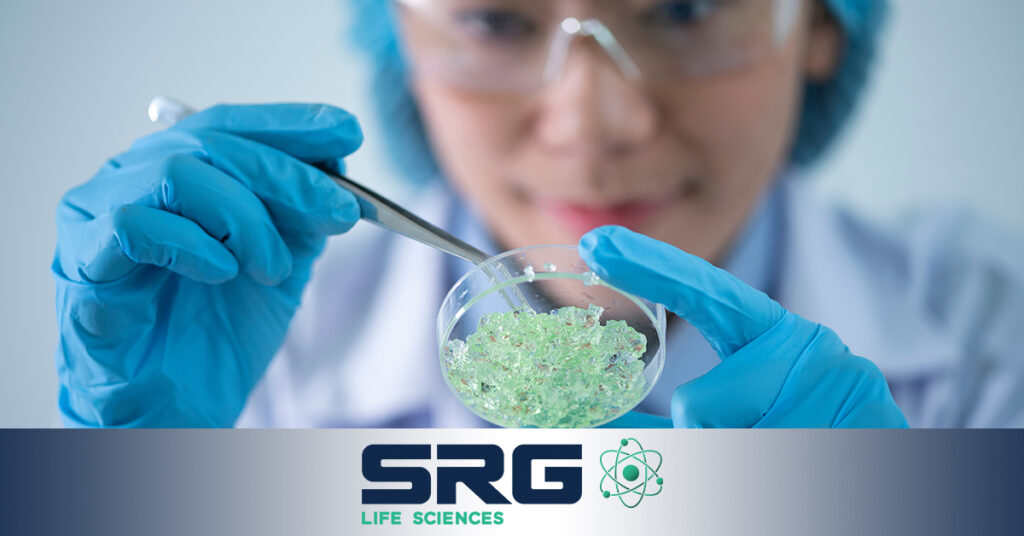Sustainability isn’t a new concept by any means, but it’s increasingly critical in the current landscape, including in the life sciences sector. Many professionals – as well as members of the general public – are prioritizing the environment and looking for ways to reduce harm. While carbon emissions are a common focus in a world concerned about climate change, eliminating waste, protecting water supplies, and similar facets are also top priorities for many.
Within the life sciences sector, there’s a significant amount of intersection with sustainability. Along with new advances, there are opportunities for future improvements. Here’s a closer look at the increasingly intertwined worlds of life sciences and sustainability.
Overview of the Intersection of Life Sciences and Sustainability
The life sciences industry and sustainability intersect in a few ways. First, the life sciences sector is uniquely positioned to forward goals relating to protecting the environment. Companies can develop new solutions designed to reduce waste, address past harm, and protect existing resources.
Second, many life sciences organizations fall in the broader manufacturing category. Manufacturing is classically associated with environmental challenges, including anything from carbon emissions to potentially high levels of waste. Some operations have previously harmed local water supplies and wildlife, and the current movement aims to reduce – if not outright eliminate – future damage.
Examples of Sustainable Innovations in Life Sciences
In response to the desire for greater sustainability, the life sciences sector adopted an array of innovations. Technologies that reduce carbon emissions are a common one, as well as steps to increasingly digitize processes that were previously reliant on paper. The use of LED lighting and solar panels is also widespread, reducing the amount of energy required to operate facilities.
A focus on renewable materials is similarly making a difference, as that approach inherently supports sustainability. Process analytical technology is also helping life science companies align their operations with key manufacturing standards, while robotic process automation is streamlining production processes.
There’s also been an increase in micro-manufacturing, allowing small quantities of critical products to be produced efficiently when the need arises. This strategy is ideal for reducing waste, as it avoids excess that may lose its viability before use.
A transition toward solvents that are less harmful is similarly gaining traction. Along with reducing operational risk, it eliminates downstream waste.
Importance of Sustainability in Life Sciences
The primary reason that sustainability is critical in the life sciences sector is that the industry is associated with waste and carbon emissions. Plus, it often relies on large quantities of water, as well as significant energy consumption. As a result, a lack of sustainability practices leads to direct environmental harm.
In the current landscape, where environmental initiatives are often highly supported, failing to meet the expectations in this arena is also damaging to the organization. It may limit access to critical investments or lead to reputational declines. Since that’s the case, a transition toward sustainable practices is typically a must.
Future Trends and Opportunities for Growth in Sustainability
While sustainability is already part of the equation for many life sciences organizations, there are opportunities for continued growth. Updating facilities for improved efficiency and waste reduction is a continuing trend. Additionally, the identification of sustainable materials that can replace less sustainable alternatives is ongoing.
Technology is also playing a role in the equation. For example, artificial intelligence (AI) can assist with predictive analytics, allowing manufacturers to anticipate when production shifts are likely necessary, reducing waste. Smart manufacturing that incorporates IoT devices can further streamline production.
Ultimately, sustainability is increasingly part of the life sciences industry, and that’s unlikely to change in the future. If you are looking for a career-boosting position in the life science sector with an organization that supports sustainability, the Staffing Resource Group can boost your job search by providing access to more opportunities. Apply Today and SuRGe your career forward.



